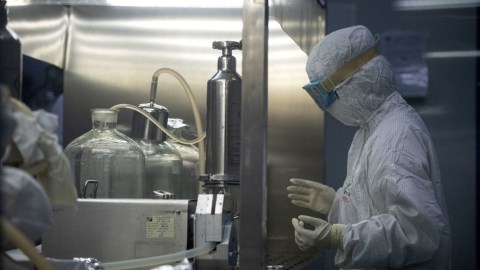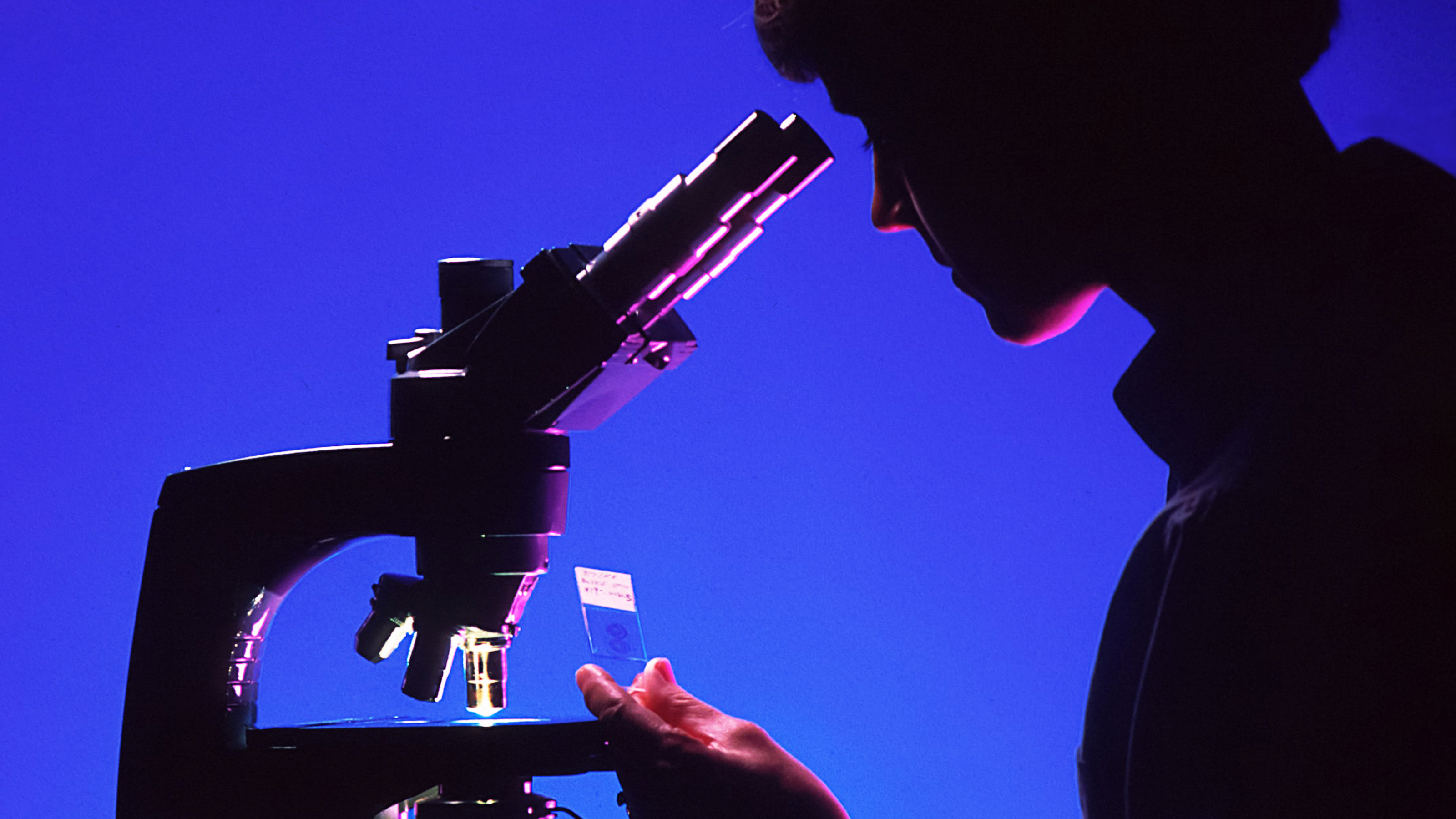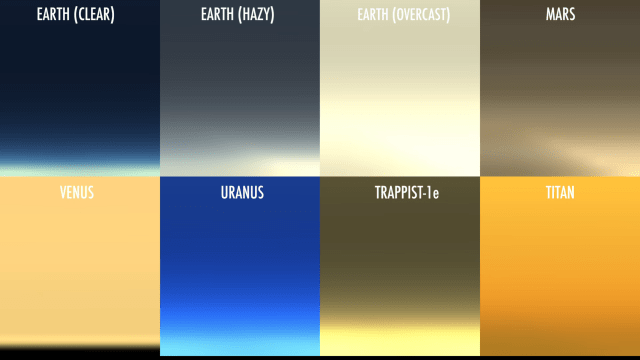New research suggests biases play a role in FDA drug approval

Photo by Noel Celis/AFP via Getty Images
- When new drugs are similar to popular drugs on the market, FDA approval takes up to 75 percent longer.
- Texas McCombs Professor Francisco Polidoro Jr. reviewed 291 drugs over a 35-year period.
- Polidoro believes that potential coronavirus treatments or vaccines could help the FDA improve upon this longstanding bias.
Speaking in front of Congress earlier this week, Dr. Anthony Fauci said he is “cautiously optimistic” that a coronavirus vaccine will be developed. He believes “it will be when and not if.” He even ambitiously stated one could be ready by the end of this year.
With an unprecedented number of researchers focused on a singular goal, a vaccine is certainly possible. Yet it would be the quickest vaccine ever produced. Balancing urgency with caution is never easy, and the stakes couldn’t be higher.
The FDA drug approval process is notoriously expensive and cumbersome. Pharmaceuticals take many years and hundreds of millions (even over one billion) of dollars to bring to market. Safeguards are in place to ensure new drugs are effective while side effects are minimized. Still, the road to approval is never a straight line, as new research published in Strategic Management Journal by Texas McCombs Associate Professor, Francisco Polidoro Jr., points out.
Polidoro reviewed 291 FDA-approved drugs over the course of 35 years. He discovered that new drugs take longer to be approved if similar drugs already treat the targeted disease. This cumbersome process costs manufacturers up to $1 million per day.
When Polidoro writes, “research thus far has overlooked the possibility that cognitive effects might also shape selection,” he’s pointing out an overlooked factor in research fields: scientists and agencies are subject to the same human tendencies as everyone else. We trust what we know and treat the unknown with suspicion.
Why vaccines are absolutely necessary | Larry Brilliant | Big Thinkwww.youtube.com
That leaves us in a bind: our brain simultaneously seeks novelty and is resistant to change. Installing a new app on your phone is easy. Discovering a cheaper phone that performs better than your current brand brings with it layers of anxiety. This low-stakes example is amplified when the same cognitive process plays out in life-or-death situations, as is the case in drug development.
Polidoro begins his article with one question: “How does knowledge about different technologies that exist in a domain affect the time it takes for regulatory agencies to review an innovation in that domain?” While drug discovery and development typically produces a high failure rate around the world, the FDA approves “the vast majority of new drug applications.” This makes the agency an ideal case study for his question.
Polidoro focuses his research on the time between submission of a new drug application and FDA approval. Clinical trials have been conducted; the drug has met certain criteria. While we assume FDA approval implies that the drug works, journalist Robert Whitaker recently explained to Big Think that the process is not so clear-cut.
“Let’s say you have a drug that provides a relief of symptoms in 20 percent of people. In placebo it’s 10 percent. How many people in that study do not benefit from the drug? Nine out of 10. How many people are exposed to the adverse effects of the drug? 100 percent. They’ll pass that drug because it meets this small standard of benefit over placebo. And they’re not subtracting the risk; they’re just warning of the risk.”
These data points shed light on the FDA’s thought process: a drug only needs to perform better than placebo and the agency approves most new drugs. Inherent biases are already on display. Polidoro writes that innovative drugs are subject to another: new drugs take 75 percent longer to be approved when going up against popular pre-existing drugs.

This picture taken on May 23, 2020 shows a laboratory technician holding a dose of a COVID-19 novel coronavirus vaccine candidate ready for trial on monkeys at the National Primate Research Center of Thailand at Chulalongkorn University in Saraburi.Photo by Mladen Antonov/AFP via Getty Images
From a consumer perspective, this might make sense: if other drugs already perform the same function, why flood the market with new drugs? Of course, this has to be measured on a case-by-case basis. If the pre-existing drug has numerous side effects, and a new drug minimizes risk, you’d want that on the shelves sooner than later.
However, the reverse is also true, especially when patents are considered. Pharmaceutical companies are notorious for attempting to extend patents by changing a single molecule. Even such a seemingly small change can produce negative effects downstream. While the clinical trial threshold appears to be high, it’s impossible to gauge long-term effects of any drug. We don’t have decades to wait before releasing a drug to market.
Polidoro describes the trend succinctly:
“Regulators search for solutions in the neighborhood of what they already know. They have a harder time when the next big thing emerges.”
He expects the pipeline to approval for COVID-19 treatments or vaccines to run more smoothly than with past examples. The urgency will allow regulators to be less cautious in the hopes of helping the greatest number of people, a trend that could set a new precedent. “It may be more complicated for them at first,” he concludes, “but in the long run, we will all be better off.”
The scientific process will always be beholden to human habits. For now, it’s the best process we have. Time will tell if Polidoro’s optimism pans out.
—
Stay in touch with Derek on Twitter, Facebook and Substack. His next book is “Hero’s Dose: The Case For Psychedelics in Ritual and Therapy.”





